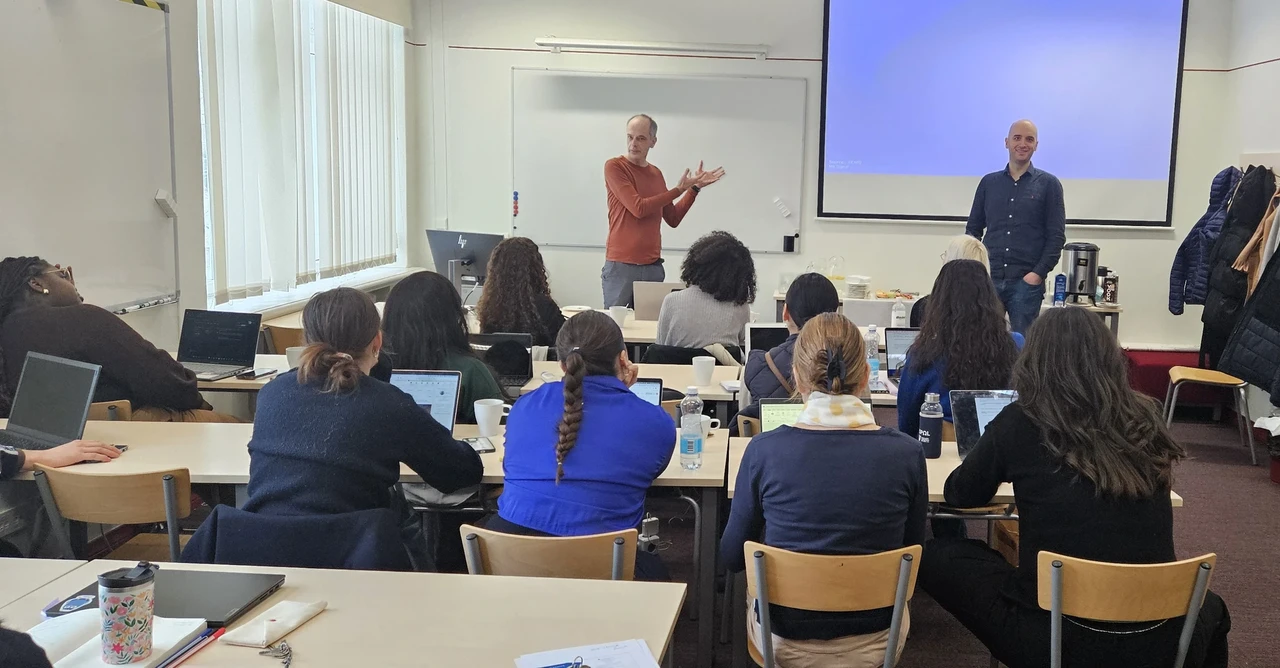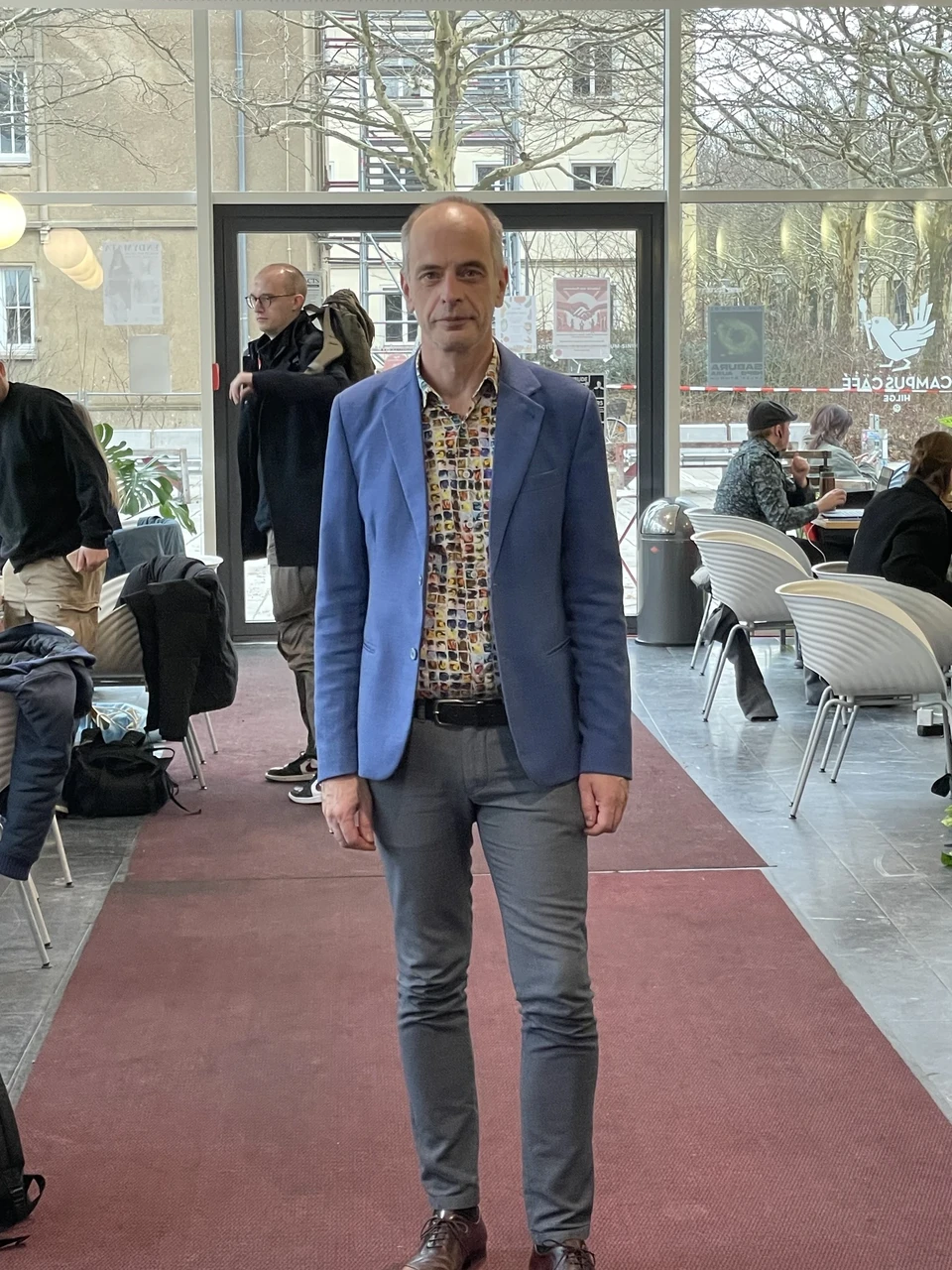Professor Homburg emphasized that for many national governments, enabling information exchange across various public sector organizations has been a major challenge. The more recent emphasis on human-centric, proactive and human centric public service delivery around life events in Estonia and beyond has further emphasized the necessity for various government organizations involved in public service delivery to seamlessly share information. This is partly about having the necessary infrastructure and technology in place, and partly about dealing with legal and organisational complexities. Recently, the Dutch national government launched a multi-year policy program (MIDO). MIDO aims to create a set of standards, agreements and services which can be used to deliver citizen-centered services.
Having the latter in mind, at the start of the event, the ERA Chair Vincent Homburg presented some insights from and lessons-learned in Estonia, focusing on how citizen-centricity is practiced in Estonia, and wat are the risks of using artificial intelligence for citizen-centred government?
MIDO's next steps include modernising the national DigID and European eIDAS identification mechanisms and portals, updating electronic interactions between government, business and citizens, and developing government-wide architectures with open standards, all in line with the forthcoming Dutch Digitisation Strategy. All these developments are very much in line with the ECePS research strategy and also demonstrate the relevance of the Democracy and Governance in the Digital Age Masters´ programme. No doubt to be continued!






Comments